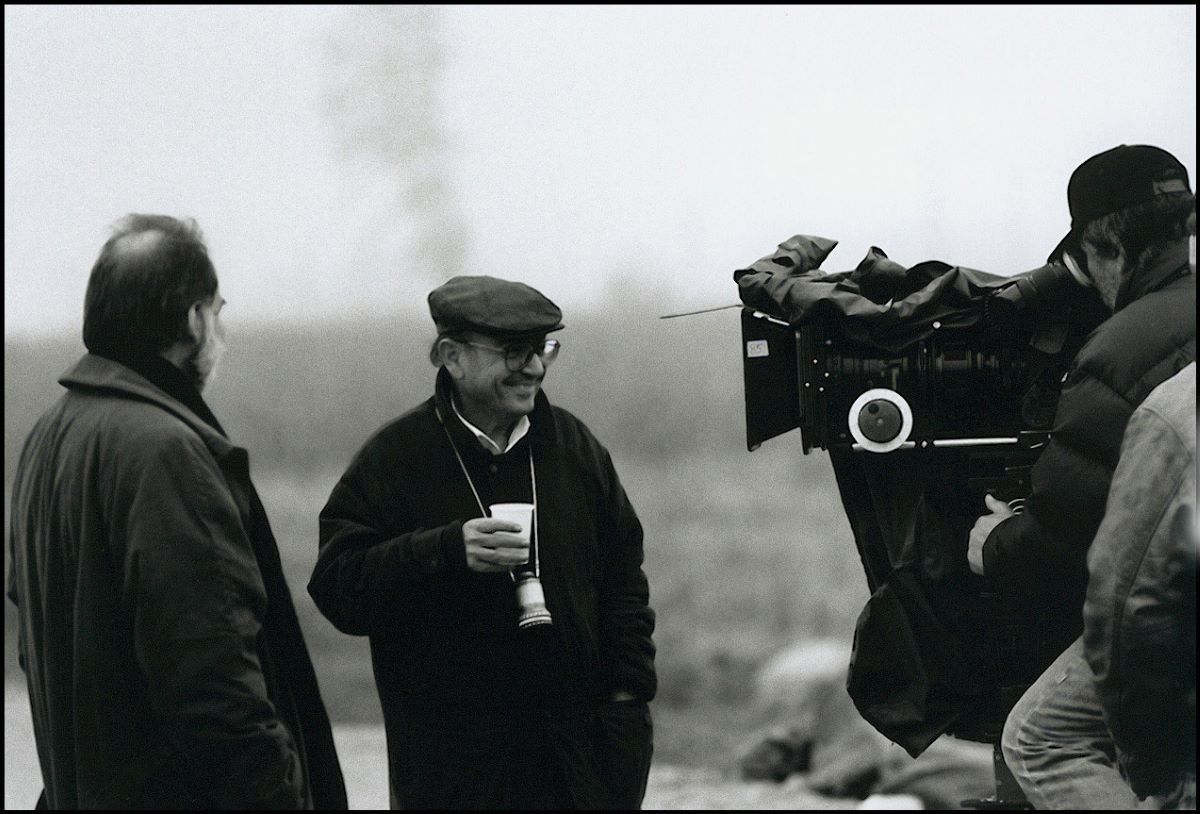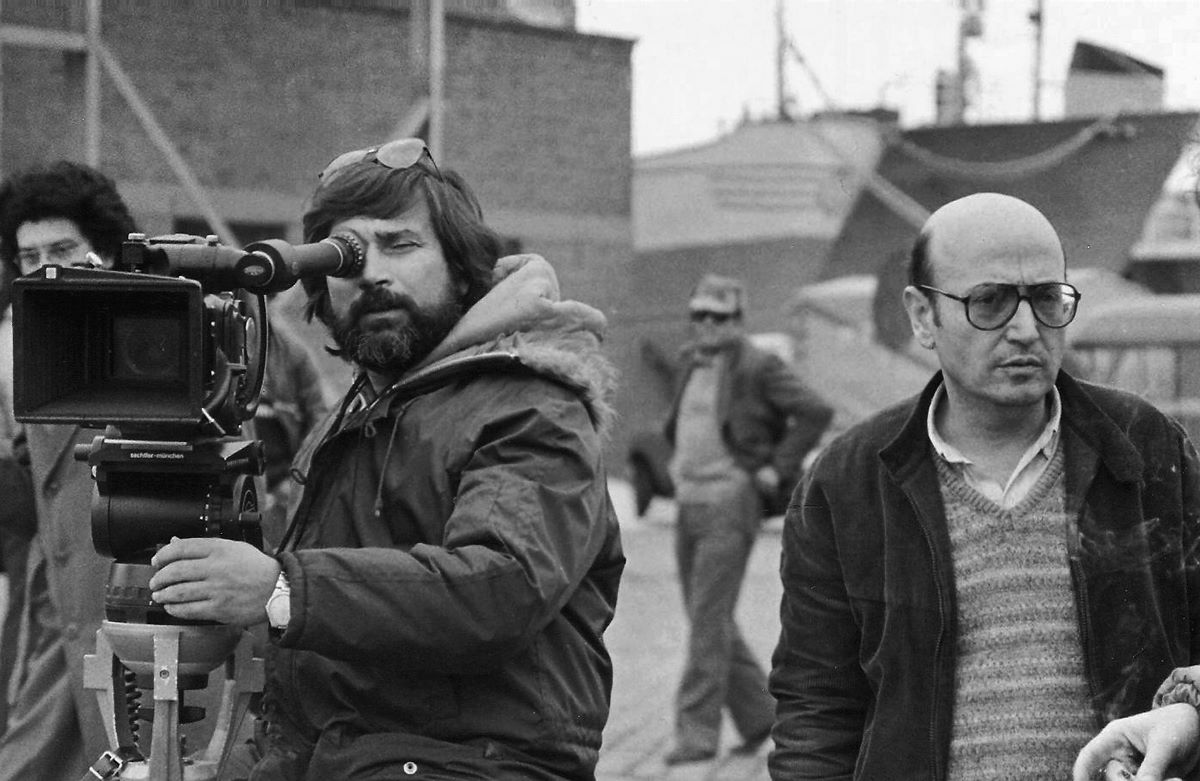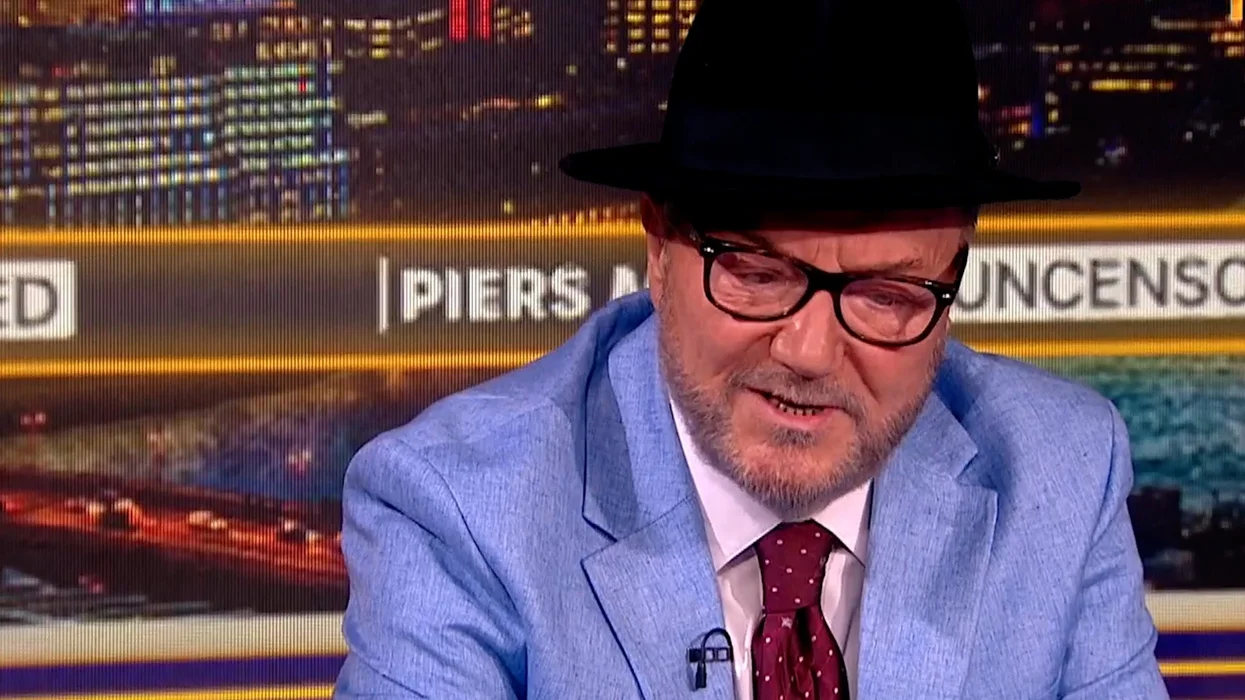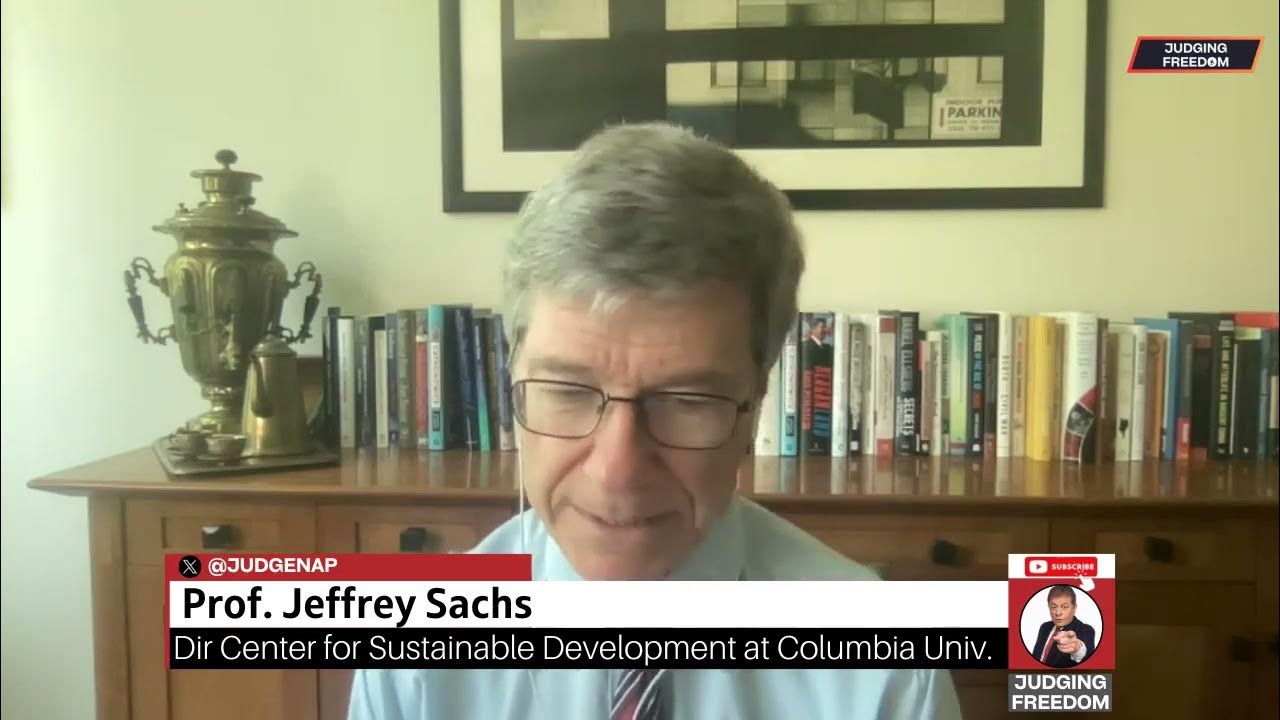by Steve Brown
Omni readers were the first to know. There they sat, magazine spread on their lap, minds half engaged, slowly sucking up the carefully homogenized science, gazing torpidly at the lurid graphics. Then they would turn the page, and there would be a piece of fiction that would slash through their lethargy like an overloaded laser.
With stories like “Burning Chrome,” “Johnny Mnemonic,” and “New Rose Hotel,” William Gibson began forging his own world-view. Now he has transmuted those efforts into Neuromancer (Ace), a virtuoso juggling act of a first novel.
Early in the next century, a computer cowboy named Case is spotted in Chiba, a Japanese underworld. For past transgressions, Case’s nervous system has been deliberately damaged by a Russian military mycotoxin. No longer able to jack himself directly into a computer network and ply his trade (Case is to a computer programmer what a sophisticated jewel thief is to a corner jewelry store), Case has sunk to bitter depths in Chiba. He is contacted, “cured,” and heads off on a new assignment involving industrial espionage on a grand scale.
Against the backdrop of this fairly standard thriller opening, Gibson brings the world of Neuromancer fully alive in all its partially controlled irrationality. Frame: the fecund street scene of Chiba, where the black market wares are precision-tailored biologicals (including a brisk trade in genetic data), software, people, arcane weaponry, and designer drugs. Frame: the amorphous Northeastern American city-mass known as the Sprawl. Frame: the deliriously decadent orbiting resort known as Freeside, and the unsettlingly enigmatic hidden section of Freeside called Stray light. Frame: the rich, detailed, and wholly alien environment of a computer network’s data banks—experienced directly by all senses when one is jacked-in.
Along the way, a memorable cast of characters is assembled. Maelcum is a space-tug pilot from the floating Rasta colony, where the ganja-puffers have programmed a computer with all of popular music from the beginning of recording to date. The computer is constantly sifting the material, grabbing a hook here, a four-bar bridge there, adjusting for key and tempo, and extruding the stuff over speakers in the Rasta colony twenty-four hours a day, seven days a week: the Zion dub. There are Artificial Intelligences that are not human in any remote fashion, including the fascinating title character. There are dozens of minor characters, weird street gangs, bartenders, corporate executives. And there is Molly. She is tough, savvy, and possessed of endearing personality quirks that make her the most complex character in the book. I have a permanent crush on Molly.
William Gibson is this year’s hungry stranger. He brings to the clubby little world of science fiction a genuinely new perception. His influences are not the safe icons like the Heinleins, but are the harrowing visions of a Robert Stone. He has been compared to the Alfred Bester of the fifties, and the comparison is apt. Like Bester (who once said that “the only way to write a novel is to grab the reader by the throat on the first page and never let him go . . .”) Gibson injects several brilliant new speculations into the reader’s cranium on every page. His prose moves with a kinetic edginess that yanks the reader along in a stuttering amphetamine hurtle. He gives the impression of continually running right out of control, yet he keeps twenty balls in the air and never drops one.
With only a handful of short stories and a single novel to his credit, he is already becoming an oft-imitated writer. I have it on good authority that Gibson clones have been spotted in the Southwest, both coasts, and a virulent pocket in Wisconsin. But Gibson will not be an easy writer to imitate. His jacked-in, high-velocity street- tech prose is coupled with the kind of perception and empathy that can’t be duplicated.
HM: You’re thirty-six years old, married with two kids, and, although American, you’ve lived in Vancouver, B.C. for the past twelve years. Why Canada? Was it the draft?
WG: Sort of. I told the Board medics I was a total junkie. I checked yes for every drug listed and added about eight more. They made me 1-Y, I think for suspected instability, and I hauled ass up here. But I told them where I was, kept in touch— actually, I kept writing for new cards to replace the ones I’d lose. Just before the system was dismantled, they reclassified me 4-F, possibly as some strange kind of put-down. So technically I’ve never evaded. And I found the real dodger scene too depressing. So I’m an American citizen and the local equivalent of registered alien. HM: Vancouver seems like an odd place for someone who writes as if he were having a peak Methedrine experience in the middle of Times Square.
WG: Well, you know, it’s a city. But, yeah, I know what you mean. I live in the kind of neighborhood that used to be Hippie City, and gentrification is setting in fast. Aerobic workout joints where the head shops used to be. But I like all that shit, or anyway I don’t care. And I like seeing trees around, and not having to worry too much about what’ll happen to my kids if they walk down the block. I’m not too keen on actually hanging out with the kind of character I tend to write about, although I must’ve known one or two, somewhere along the line. . . .
HM: Who would you say the major influences on your writing are?
WG: Influences . . . ack . . . Well, I credit Starship Troopers [Heinlein] for saving me from Vietnam, because my reaction at age fourteen was: “This sucks’” I read Naked Lunch pretty early, around sixteen. I got bored with mainstream sf pretty fast. Of the writers I loved at say, fifteen, Fritz Leiber is the one who’s held up the best, and the more I learn of his life, the more I respect him for what he’s done. Some of my favorite writers of the past fifteen years: W. Burroughs, T. Southern, R. Stone, H. Thompson, R Neruda, J. le Carré, J. G. Ballard, S. Delany (up until Dhalgren anyway), Paul Scott. I get a lot more in the way of direct inspiration from rock music. I haven’t read sf much in over twenty years. There’s so much other really great stuff to read. Now I read to gather material and momentum for my own work, and I just don’t get that from sf. Phil Dick, oddly, has had almost no influence on me or my work. A strange fact and one that I can’t explain, except that the combination of acid and Gravity’s Rainbow had something to do with it.
HM: How about a few words about the music that directly inspires you?
WG: I dug the whole punk thing from the start—or from when I was first aware of it, 1977. I felt kind of embarrassed, because I remember those dorky thirty-year-olds who’d come sleazing around the scene in 1968. But the iconography of it was just sheer beauty to me, like Genet and Burroughs rolled into one shithot semiotic spitball.
HM: There are, I presume, more novels where Neuromancer came from?
WG: I’m working on a kind of downbeat Joseph Conrad space opera called The Log of Mustang Sally, and an indirect sequel to Neuromancer called Count Zero for Ace. HM: That’s all we have room for, unless you have an opinion on Michael Jackson or a favorite color. . . .
WG: Michael Jackson will go flat fucking crazy eventually—and labial pink.
Heavy Metal, Vol. 9 No. 2, May 1985 ; pp. 41-42




